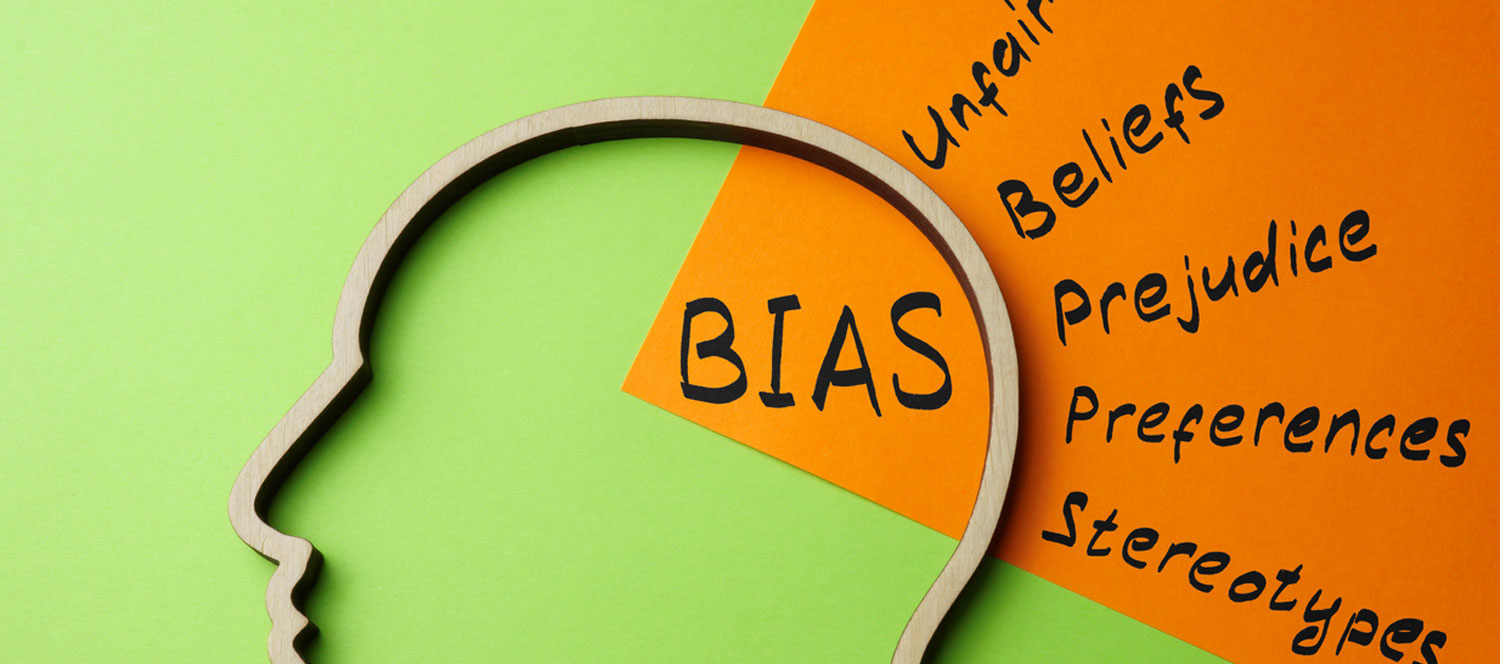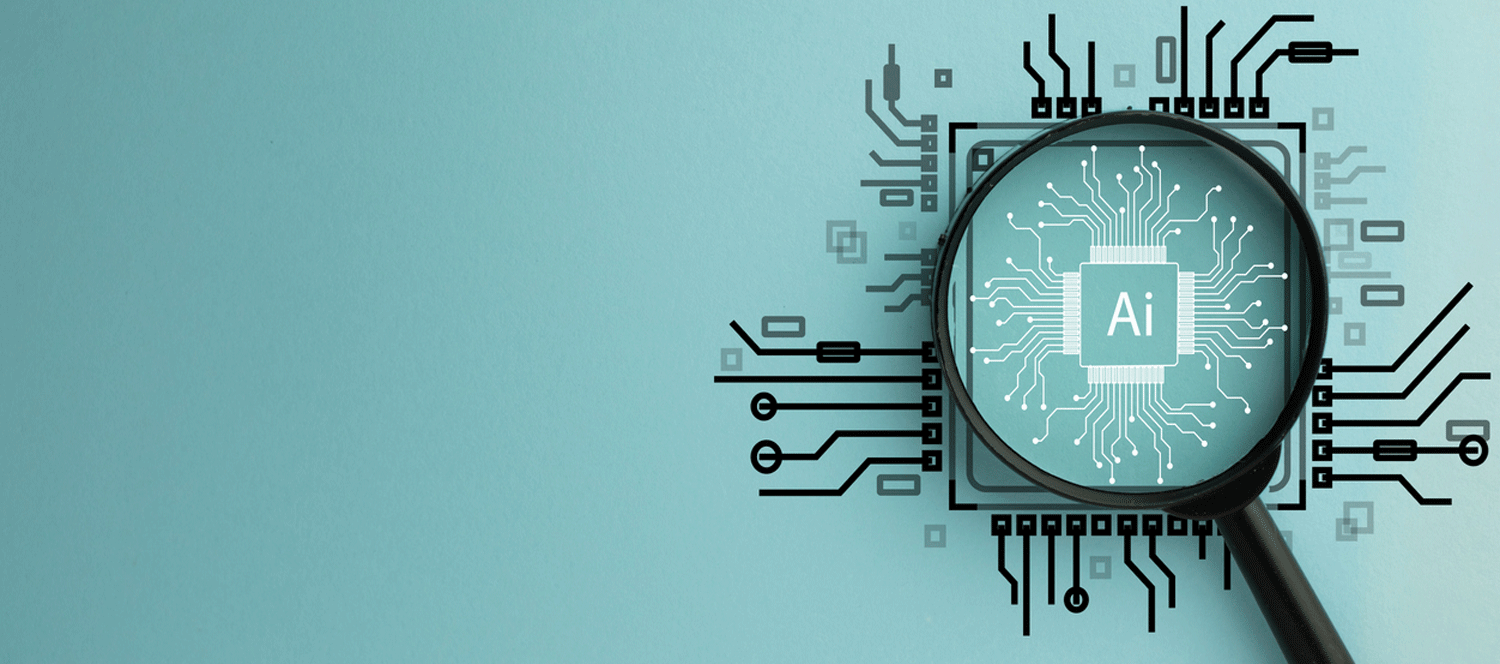Despite what we may think, as humans we are not always logical or rational. We often create our own construct of reality based on our perception of a situation rather than from a purely objective, fact-based assessment.
A cognitive bias is a deviation away from rationality in judgement or the 'norm' and can often cause problems such as distoring the truth, making wrong judgements, intrepretating things inaccurately and generally making poor decisions - its what keeps life interesting!
Common types of cognitive bias
- Affinity bias - the tendancy to be favourably bias towards people most like overselves.
- Confirmation bias - the tendancy to favour information that confirms existing beliefs or hypotheses.
- Availability hueristic - the tendancy to over-estimate the likelihood of events that are readily available in memory, often because they are recent or vivid.
- Anchoring bias - the tendancy to rely too heavily on the first piece of information received (the 'anchor') when making decisions.
- Halo effect - the tendancy for positive impressions to contaminate other evaluations. For example, why people often assume individuals who are viewed as attractive are also popular, successful and happy.
- Negative bias or optimism bias - the tendancy to give more weight to either negative/positive information.
- Hindsight bias - the tendancy to perceive past events as having been predictable, even if there was no objective basis for that prediction.
- Framing - the tendancy to narrow the description of a situation in order to guide to a selected conclusion.
- Groupthink - the tendancy for a group to make irrational decisions due to a desire for conformity or harmony.
- Status Quo bias - a tendancy to stick with the current situation to avoid risk and loss.
- Self-serving bias - the tendancy to attribute success to internal factors (i.e. one's own skill or intelligence) and failures to external factors (i.e. bad luck or difficult circumstances).
Being honest, surely we're all guilty of some of these!
How you can avoid common biases
-
Practice self-awareness and develop emotional intellingence - our instincts are often to look outwards and judge how others are behaving or responding before we check in with ourselves. By understanding your own emotions and behaviours you are better equipt to manage your reactions, make more informed decisions and build stronger relationships with others.
- Take your time - pause and think before responding/reacting. Often our instinctive reaction is emotion rather than logic.
- Reflect and learn - looking back to past decisions you've made, were there any biases at play? Could you have handled the situation better?
- Seek diverse perspectives - it is easy to 'stick with what you know' but in order to grow and develop we need to be outside of our comfort zone. Listen to and don't dismiss different views to your own; you might just learn something.
- Challenge your assumptions - is there a possibility that you might be wrong?
-
Consider alternative explanations - do you have all of the facts in order to make an informed decision? Often it helps to view things from a diffferent perspective, "playing devil's advocate".
-
Seek feedback - whether it be a trusted friend, a work colleague or mentor, we often need someone else to help us 'see' ourselves accurately.
Cognitive biases aside, there is also a lot to be said for trusting your gut. Often, our subconscious can reach an accurate decision quicker than our 'thinking' brain.
You may also be interested in our recent blog 'do you struggle to make decisions?'


